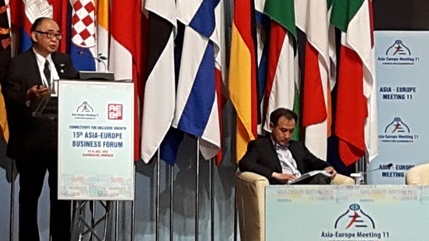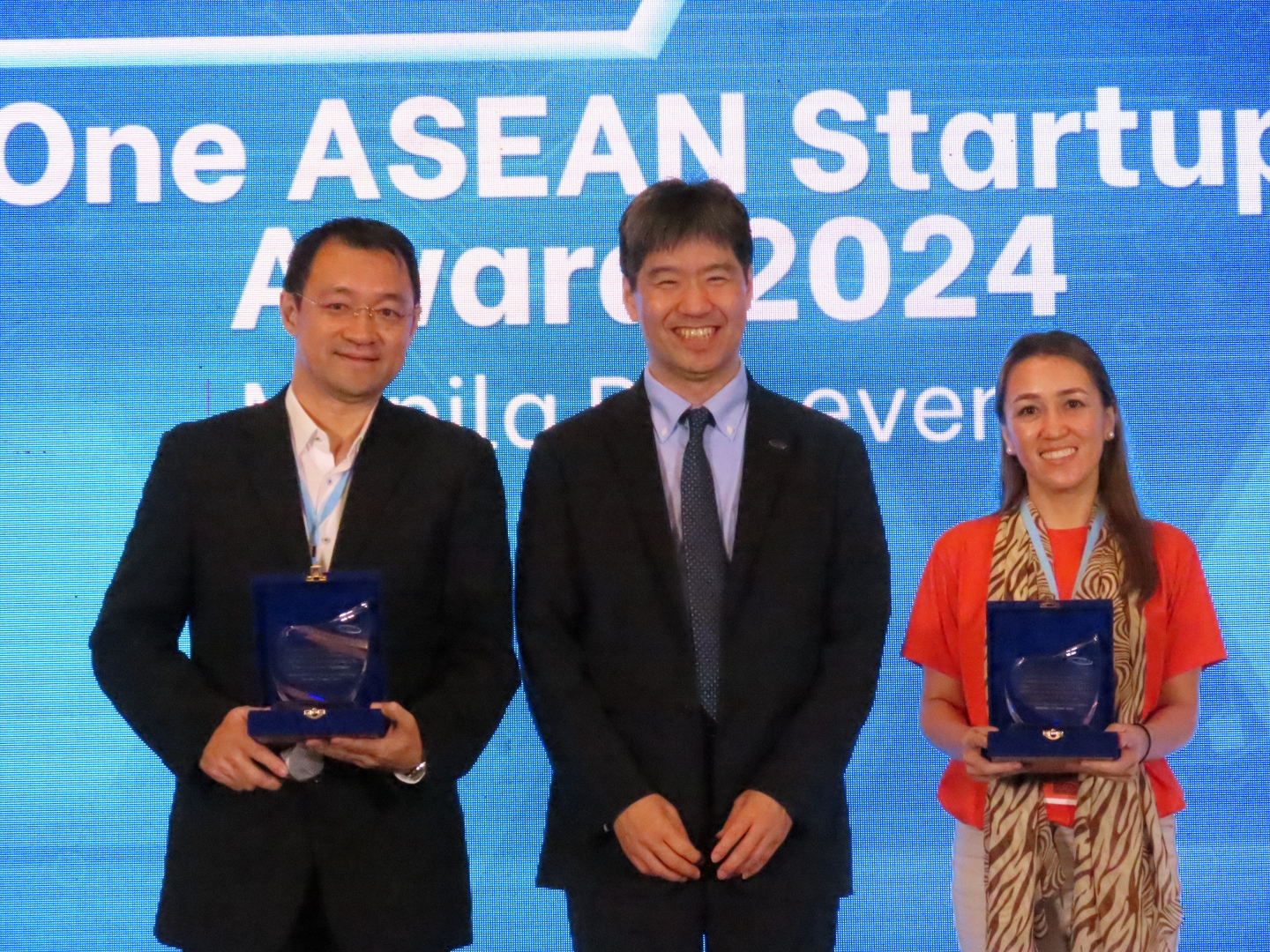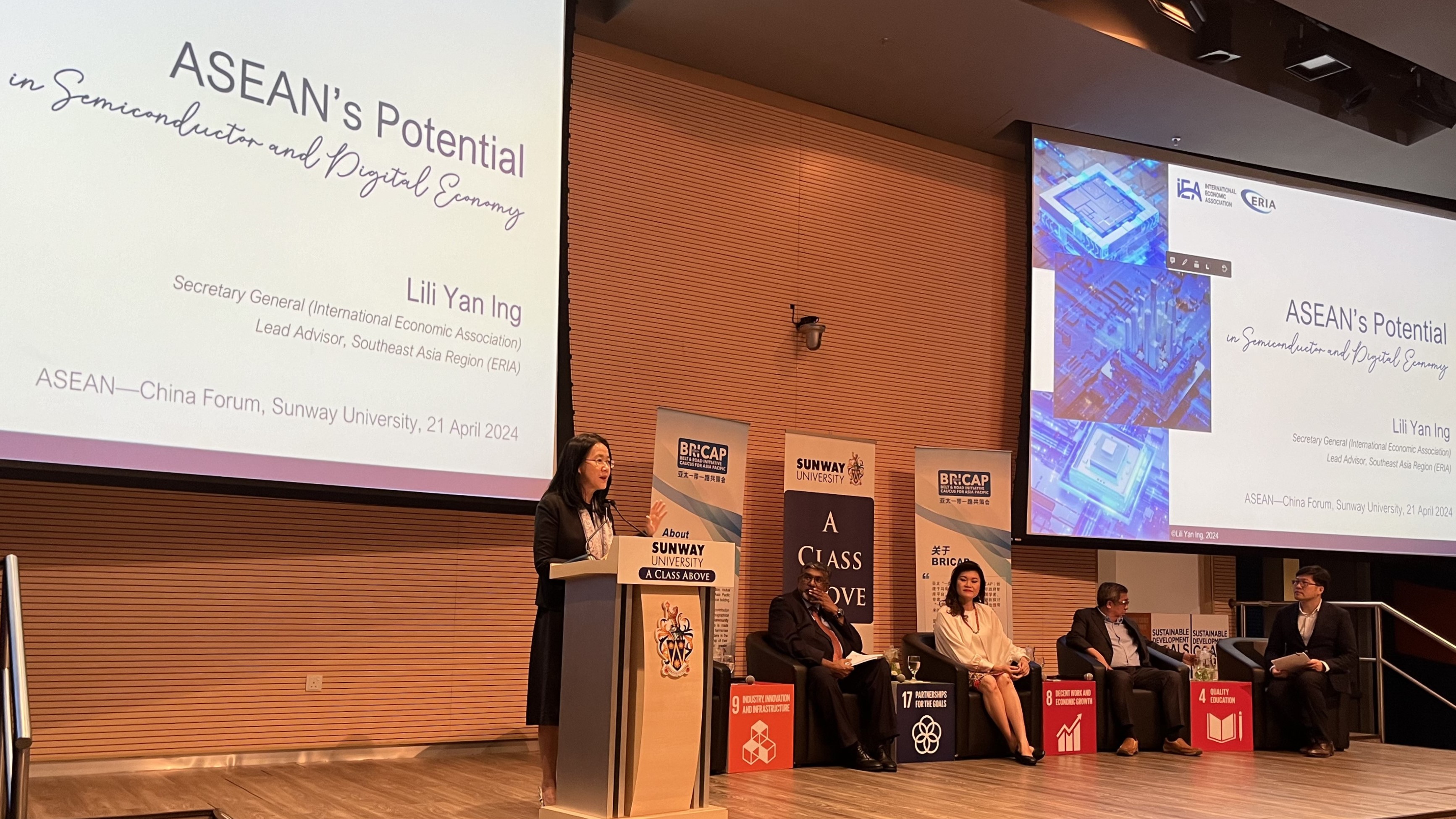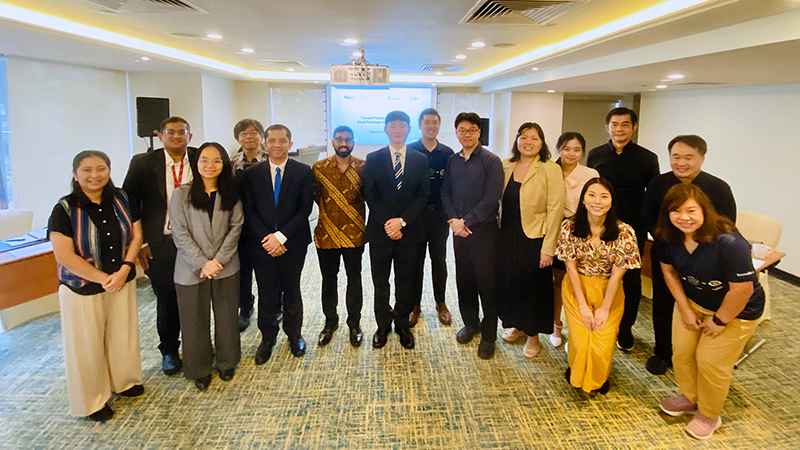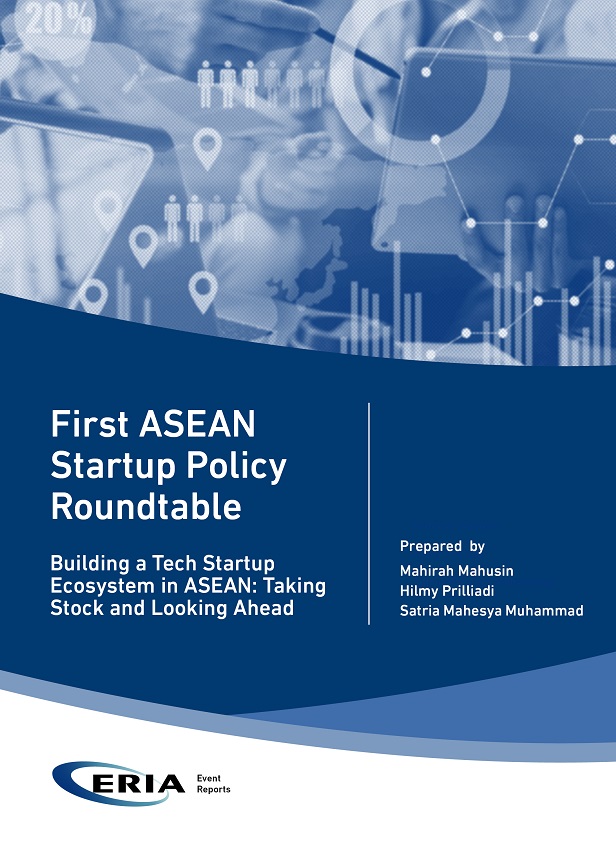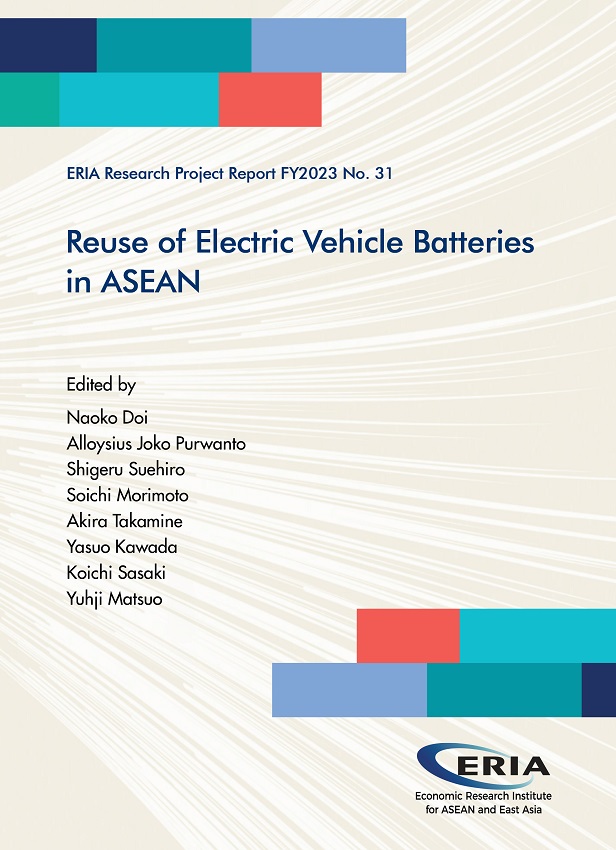ERIA Supports Connectivity in ASEM Countries
Date:
15 July 2016Category:
NewsTopics:
-Share Article:
Print Article:
Connectivity should be promoted not only because it would help achieve sustainable economic growth but also it recognised the diversity among the people in Asia and Europe, said ERIA President Professor Hidetoshi Nishimura in the media centre of the 11th Asia-Europe Meeting Summit on 15 July 2016.
'As we stand today, we find free trade and global economic integrity are facing new challenges and boundaries. Connectivity, in nature, acknowledges and nurtures the diversity among societies, cultures, and people, which has the physical, institutional, and people-to-people aspect. It should be further promoted in the ASEM region to address the uncertainties surrounding us,' said Professor Nishimura.
He added that the Asian and European countries need to pursue opportunities to improve regional free trade agreements and high quality infrastructure, which would make it possible for the countries to achieve inclusive economic growth and environmental-friendly development.
Professor Nishimura has spoken in greater detail regarding ERIA's role in developing the ASEAN concept of connectivity when he delivered the keynote speech for the second plenary session of the 15th Asia-Europe Business Forum with the topic of Asia-Europe Connectivity on 13 July. His presentation was based on ERIA's research projects: 'Asia-Europe Connectivity Vision 2025' and 'North East Asia Power Grid Interconnection', both jointly developed by ERIA and Government of Mongolia.
He highlighted one of ERIA's research projects in collaboration with Government of Lao People's Democratic Republic (Lao PDR) as an example of development through connectivity. According to Professor Nishimura, the research project, entitled 'Lao PDR at the Crossroads: Industrial Development Strategies 2016 - 2030', gave 'effective policy recommendations to change the country from landlocked to land-linked, where its very weakness has now become its strength, through connectivity. This change is not only for Lao PDR's future prosperity but is also important for conceiving an ASEM connectivity design.'
Professor Nishimura went on to discuss energy connectivity, which he stated as 'a very crucial aspect of physical and institutional connectivity.' He concluded his speech by encouraging the people, delegates, and stakeholders gathered in the forum to reach out to ERIA for any assistance required in helping to improve connectivity in ASEM.
Please click here to read a summary of the events as well as remarks from Mongolian President Tsakhiagiin Elbegdorj, European Council President Donald Tusk, European Commission President Jean Claude Juncker, Myanmar President U Htin Kyaw, and Slovakian Prime Minister Robert Fico as reported by the Confederation of Mongolian Journalists.
